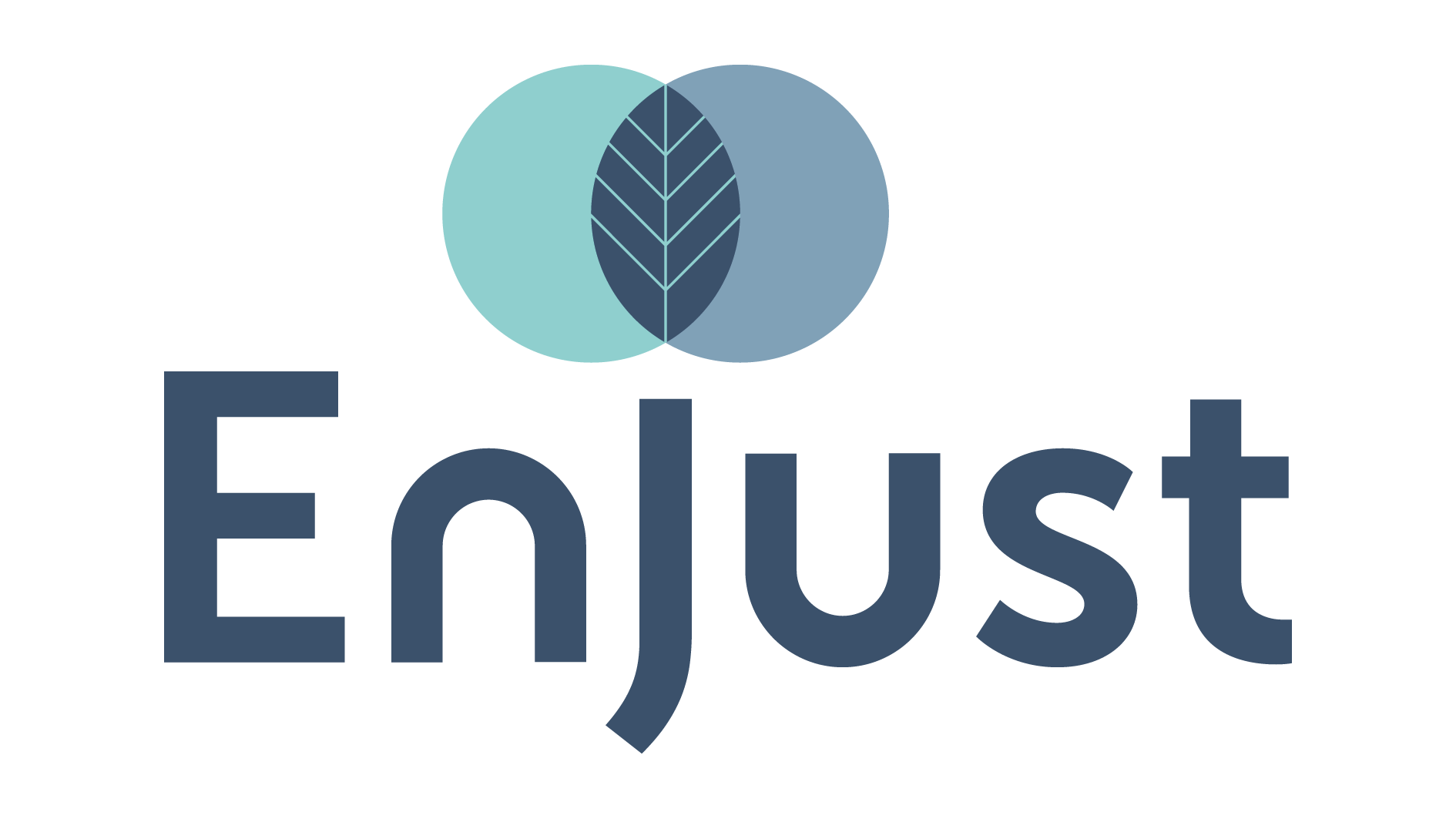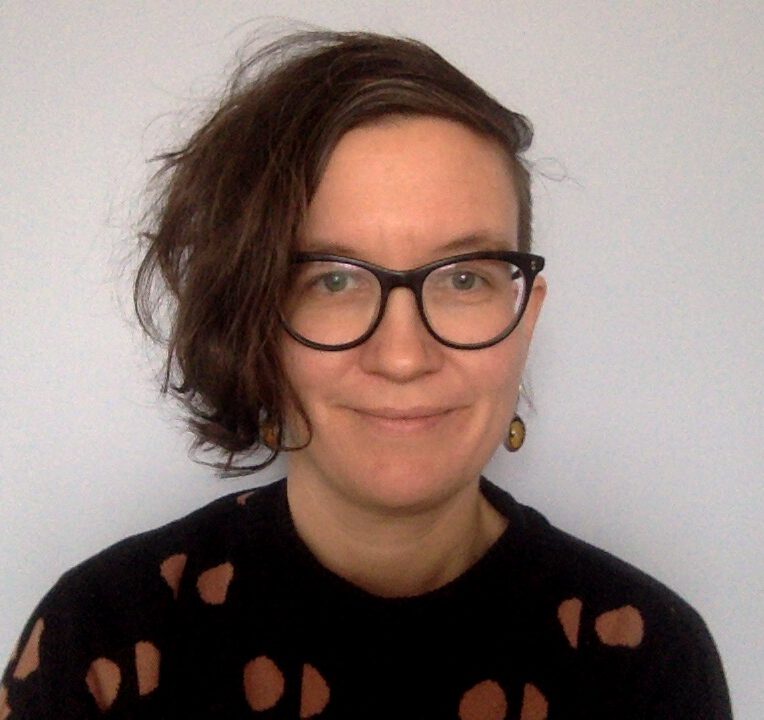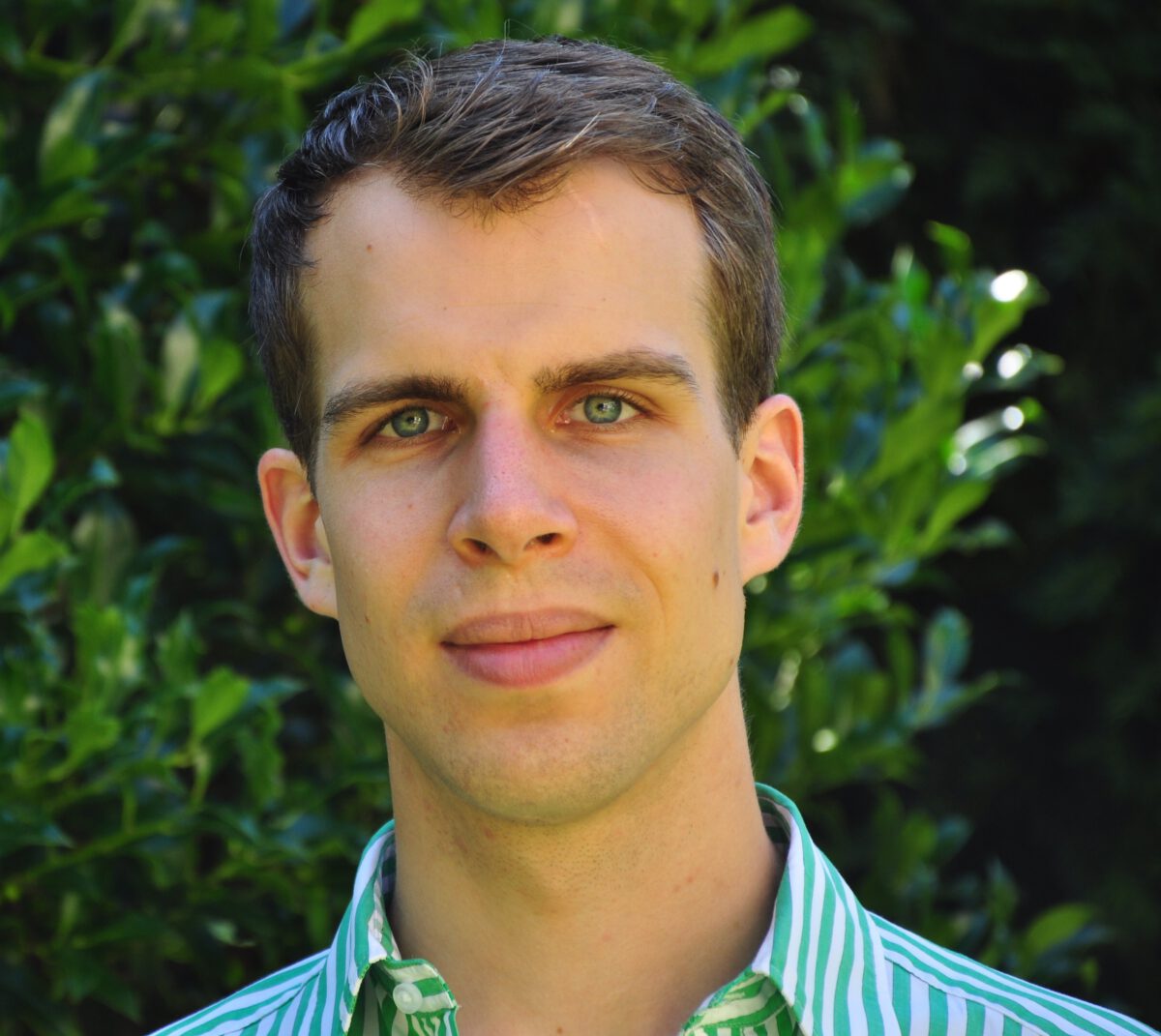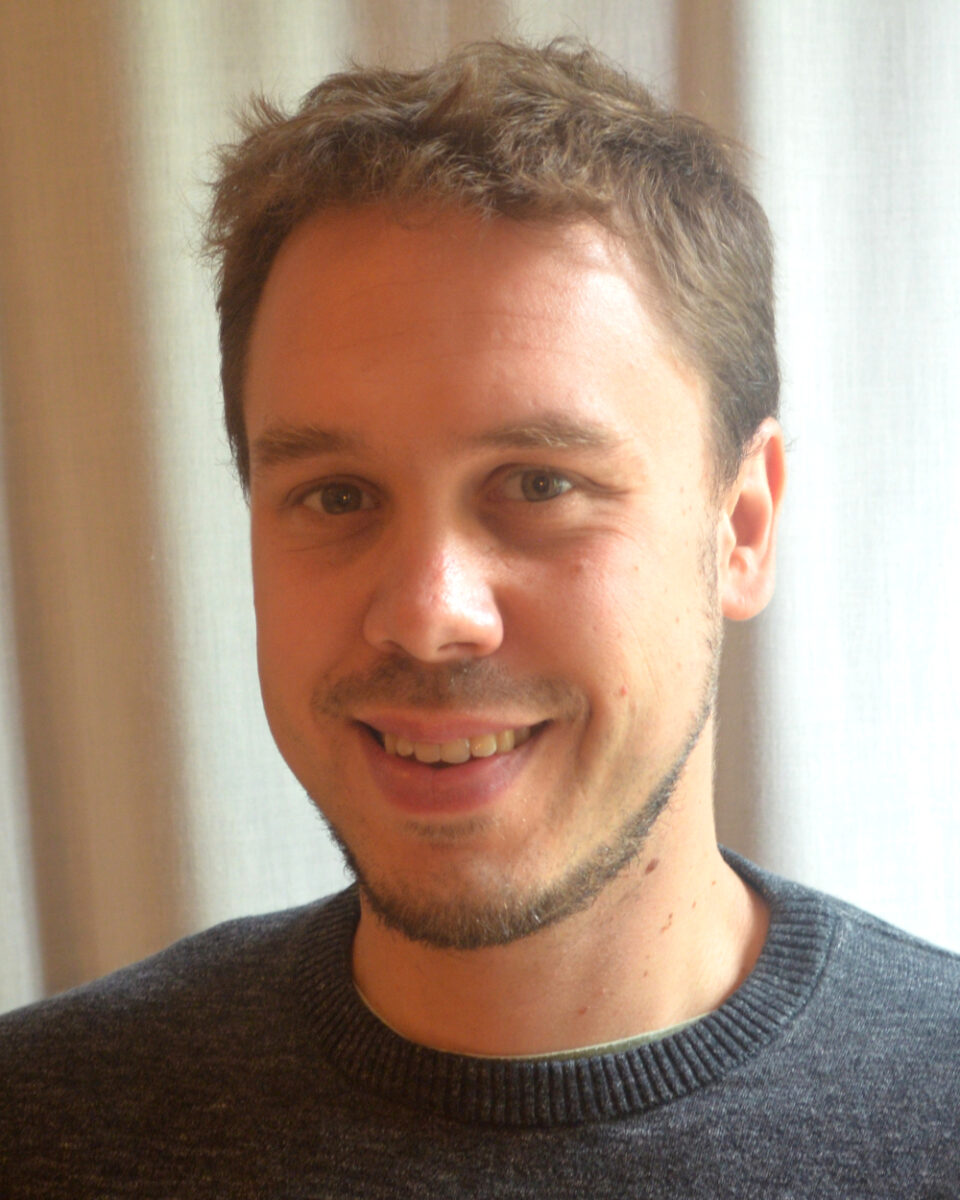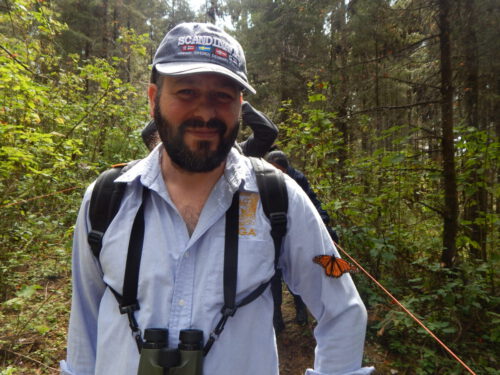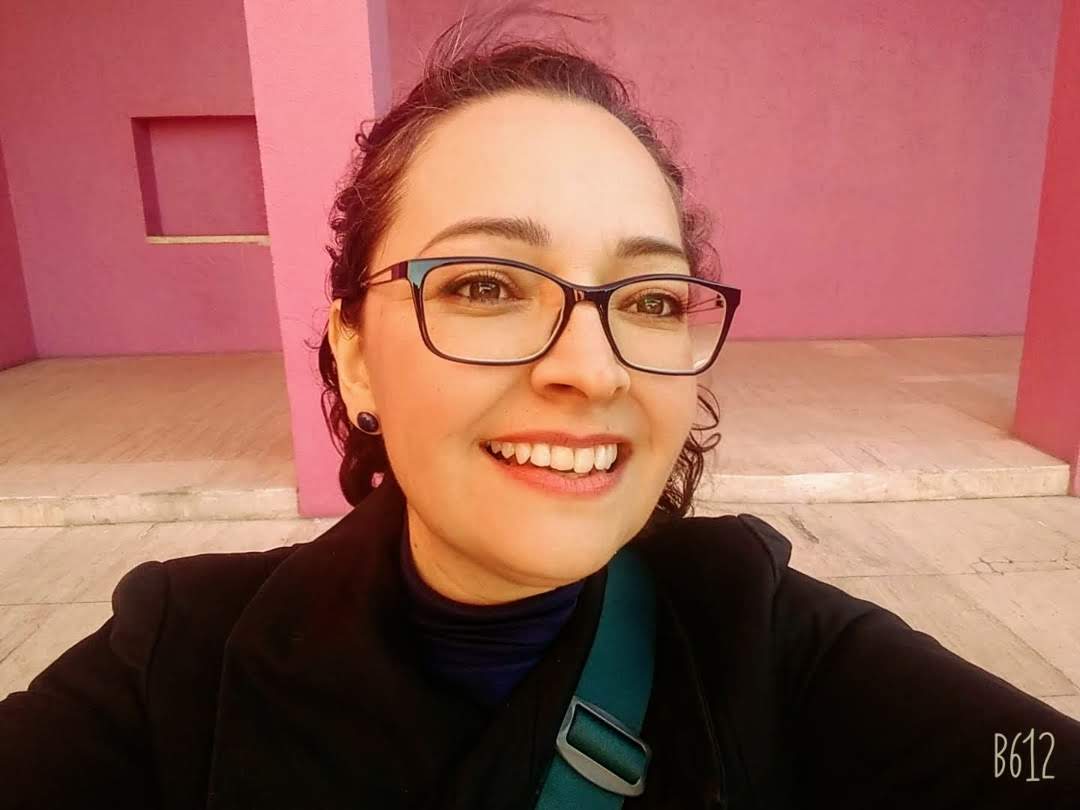Madlen Kobi
Madlen Kobi is assistant professor at the Unit of Social Anthropology at the University of Fribourg and leads the research project «Urban Bricolage. Mining, Designing and Constructing With Reused Building Materials“ (SNSF-PRIMA, 2022-2026). The project investigates at the intersection of anthropology and architecture the practical challenges of reusing building materials in selected European countries. The analysis of reuse practices leads to rethinking our current capitalist system where environmental injustices are inscribed in the production, circulation, taxation and consumption of resources and building materials. Madlen Kobi has more than ten years of experience in conducting research on urban development in China with an interest in circular economy, infrastructure, urban political ecology, ethnic place-making, material culture and urban climate change.
Country/Region of interest/research focus: China, European Cities
Madlen Kobi
Assistant Professor, Unit of Social Anthropology
Madlen Kobi is assistant professor at the Unit of Social...
Colin von Negenborn
Colin von Negenborn is a postdoctoral researcher at Kiel University, working at both the institute of philosophy and the Walther Schücking institute for international law. With a background in physics (ETH Zurich), Colin pursued a PhD in economics (HU Berlin) in the field of mechanism design, effectively reverse-engineering game theory. He is now taking the language of game theory to the realm of philosophy, using it to analyse questions of procedural justice: how are societal decision making processes to be designed for them to be “just”?
Colin von Negenborn
Postdoc Researcher
Colin von Negenborn is a postdoctoral researcher at Kiel University,...
Tobias Kalt
Political scientist, political ecologist and scholar-activist at the Chair of Global Climate Governance at the University of Hamburg and member of the research group “GLOCALPOWER – Funds, Tools and Networks for an African Energy Transition”. My research focus is on socio-ecological transformation, transition conflicts and energy and climate justice. A specific focus is on the role of social movements and trade unions in low-carbon transitions.
Country/Region of interest/research focus: Germany, South Africa
Tobias Kalt
Political Scientist
Political scientist, political ecologist and scholar-activist at the Chair of...
Jaime Paneque-Gálvez
Associate Professor at the Center of Research in Environmental Geography, National Autonomous University of Mexico. His research interests revolve around community-based natural resource management, conservation and territorial defense, with a particular focus on protected areas inhabited by indigenous / local communities that are engaged in struggles for environmental justice. He’s interested in collaborative scientific approaches that trigger transdisciplinary processes of co-production of environmental knowledge, social learning and grassroots innovation, and their potential in such struggles for imagining and enacting transformations toward just sustainabilities. A main area of interest has been the analysis of such processes in community environmental monitoring using technologies (e.g., drones, kits for in situ water quality analysis). His main focal areas of interest are water, forests and food systems.
Country/Region of interest/research focus: Latin America, Mexico, Peru, Bolivia
Jaime Paneque-Gálvez
Interdisciplinary environmental scientist
Associate Professor at the Center of Research in Environmental Geography,...
Laura Dominique Pesliak
Country/Region of interest/research focus: Germany, United States, New Zealand
Laura Dominique Pesliak
Research Associate in the Field of Environmental Health and Policy, Bielefeld
Laura is an Environmental Public Health and Policy Research Associate...
Libertad Chavez-Rodriguez
Researcher and lecturer at the Center for Research and Advanced Studies in Social Anthropology in Monterrey, Mexico, and a member of the Mexican National Researchers’ System. She’s also a member of the activist scholars collective Académic@s de Monterrey 43, and a member of the Redgesma (network for gender and environment). Her current research focuses on socio-spatial segregation and social vulnerability to hydro-meteorological hazards mainly using socio-anthropological methodologies. She integrates gender studies and political ecology perspectives to study socio-environmental issues. Her research lines include: social vulnerability to climate change; gender and environment; intersectionality and disasters; urban mobility and environmental justice. Libertad’s main research regions include Northern Germany, the Yucatán Peninsula and Northeast Mexico.
Country/Region of interest/research focus: Mexico, Germany
Libertad Chavez-Rodriguez
Researcher and Lecturer at the Center for Research and Advanced Studies in Social Anthropology
Researcher and lecturer at the Center for Research and Advanced...
